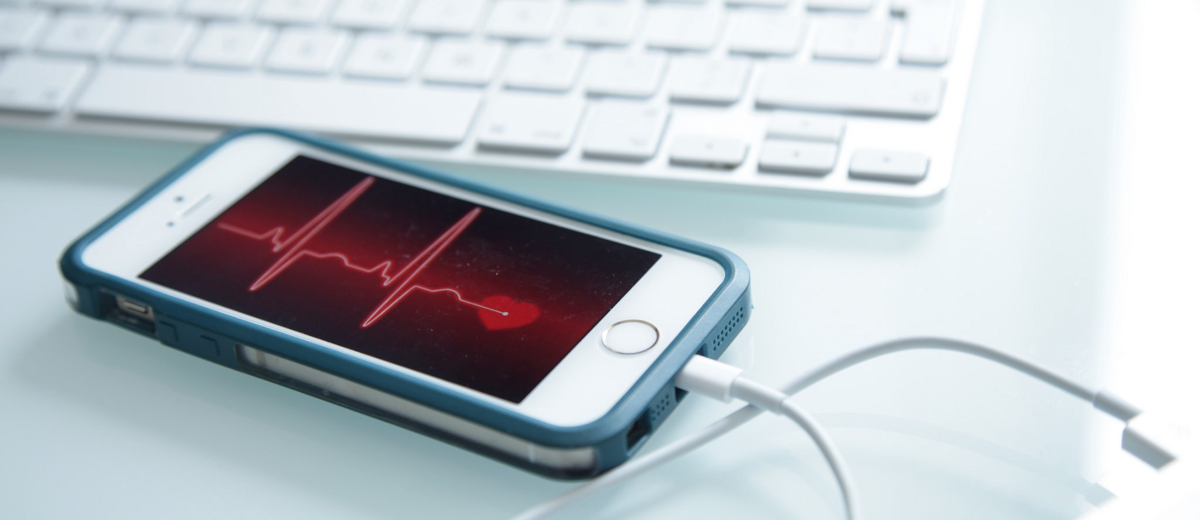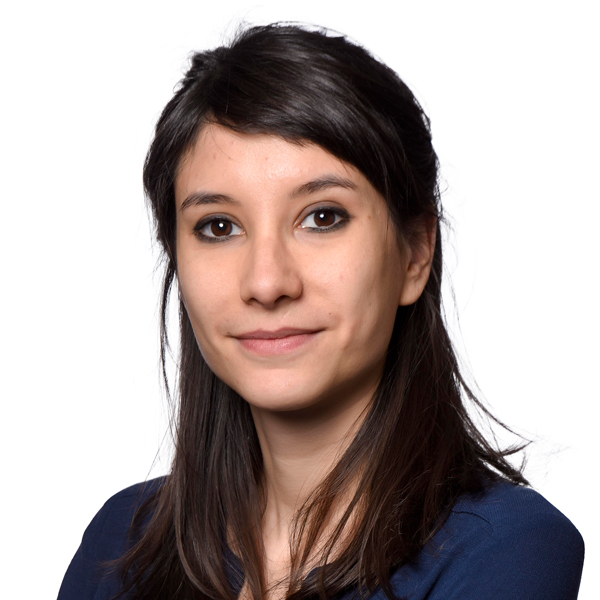The citizen at the heart of the health system
Subject: Health Sciences
To mark the creation of the UOC's eHealth Center, we propose a new dossier to explore the concept of eHealth in greater depth.
One example of the health and technology-related initiatives that the UOC is implementing concerns the Care Respite alert system, which alerts carers when it identifies hazardous situations for people with functional limitations. The ICTs also improve health care efficiency and quality: digitized medical records, dissemination of information or online administrative procedures for the public.
To consolidate its pioneering track record, the UOC has created the eHealth Center, a new academic centre that generates and transfers people-focused knowledge in eHealth with the aim of promoting and improving health.
As an active participant in this initiative, the UOC Library has published a dossier to explore in greater depth the impact of technologies on health systems and their implications for both professionals and the general public.
What can you learn with this dossier?
eHealth encompasses various areas of activity: telemedicine, e-learning and health, mHealth and apps, electronic records, data science, gamification, virtual reality, sensors and wearables, social media, etc. This dossier will provide an overview of eHealth from a more social viewpoint, where the ordinary citizen takes centre stage and participates actively in maintaining and improving health in its broadest sense.
- The 10 "Es" of eHealth. To get the dossier off to a start, you will find resources for understanding what eHealth means exactly and its application in the field of health. Efficiency, education, ethics, up to a total of 10 "Es".
- Digital literacy. 80% of users are looking for information about health and use their digital skills to approach or solve a problem. The dossier discusses projects and studies on the status of this trend.
- The citizen at the centre of eHealth. In this model, citizens play an active role and involve themselves personally in their health decisions. A citizen who is informed, inquisitive and, in short, more engaged with their own health and that of the community.
- Health 2.0. The 2.0 tools are not just useful for health professionals but also for citizens and patients. The new technologies facilitate interrelation, experience exchange and information dissemination.
- Design and assessment of eHealth and mHealth interventions. The use of mobile devices in health. For example, apps that support clinical results. What are the trends and opportunities in this sphere?
- Data science in health. Medical, biometric and operational records in text, audio and video format, the mass processing of personal data opens a new era for improving health services.
- eHealth & equality. Equality applied to eHealth is a promising perspective in the fight against inequalities in health. Social inequality increases the need for health care and preventive activities in certain territories and municipalities. eHealth is seen as an opportunity for breaking down geographic, economic and administrative barriers in health access.
- Applicable legislation. The dossier will include the applicable legislation and regulations in this field.
The UOC and the eHealth Center
The impact of technologies on health systems and its implications for the general population has been a subject of constant study by different research groups in the UOC, who have approached the issue from a cross-disciplinary perspective. The result has been 33 research projects in eHealth with competitive funding, a scientific output exceeding 100 articles, and more than 45 books or book chapters, one spin-off and a chair.
In short, the UOC's eHealth Center wants to educate and empower both professionals and the general public through technologies and scientific evidence so that they can lead the paradigm shift in health.


